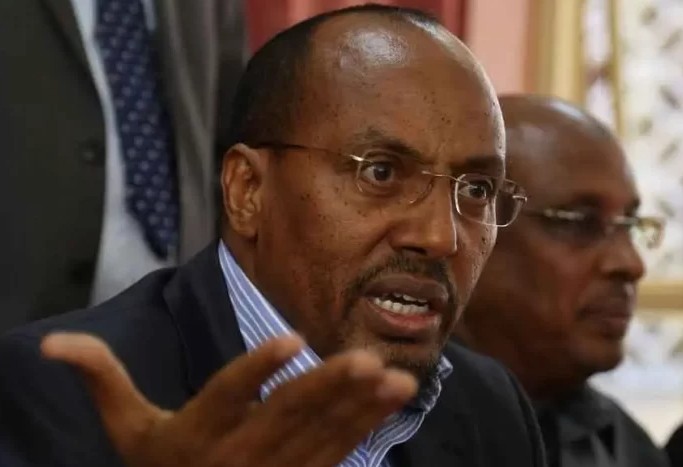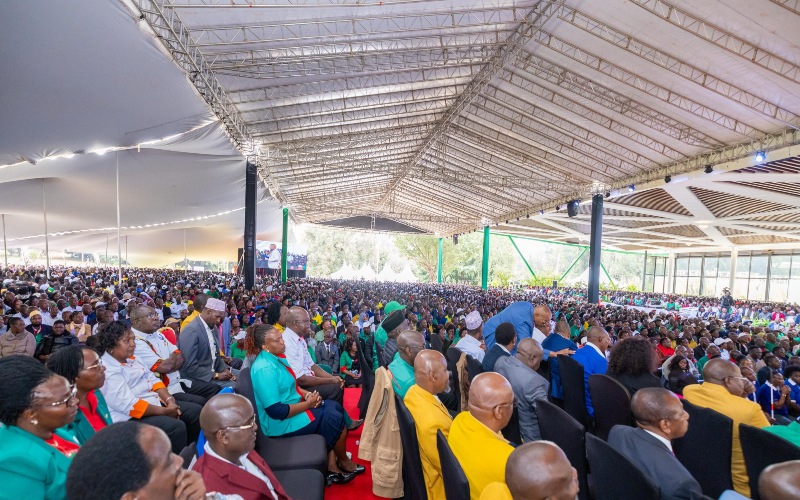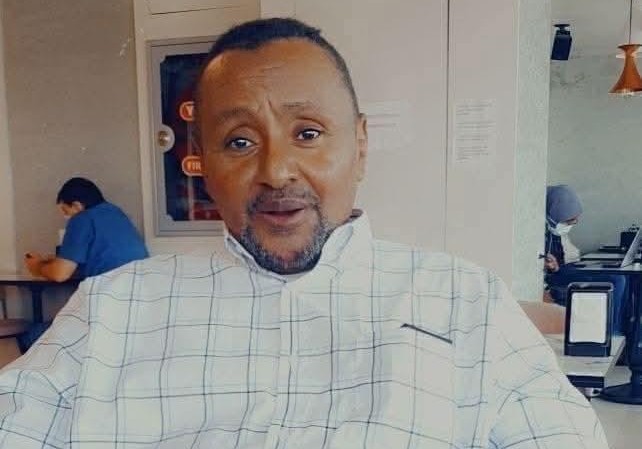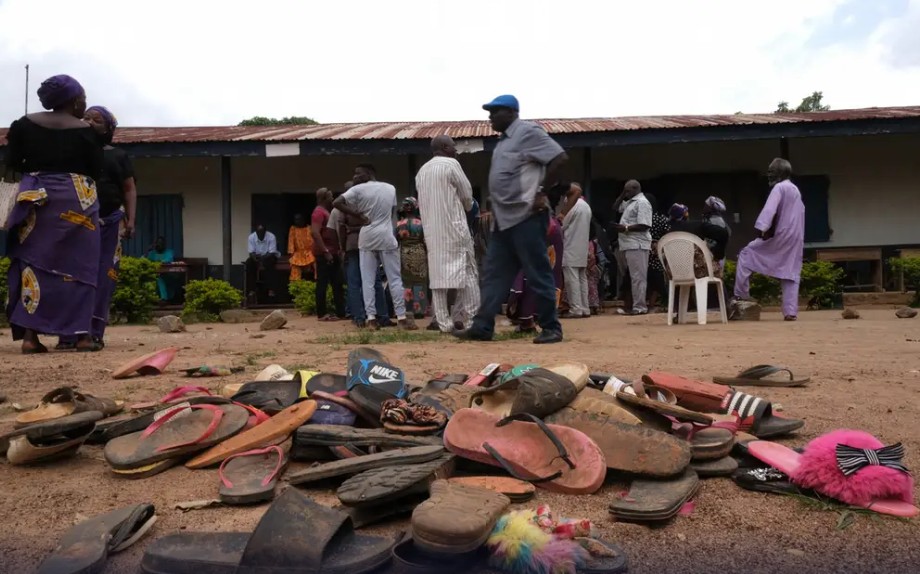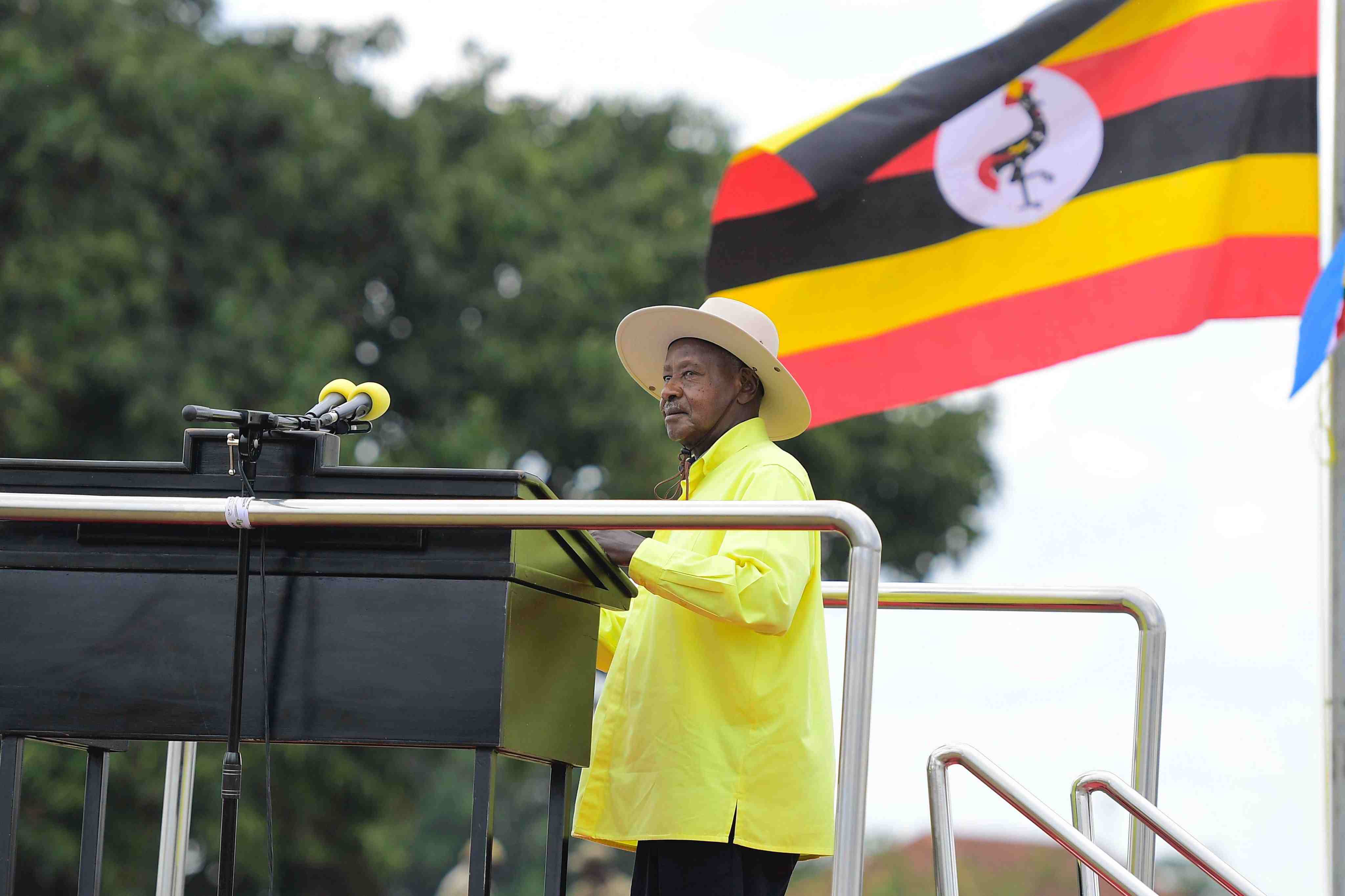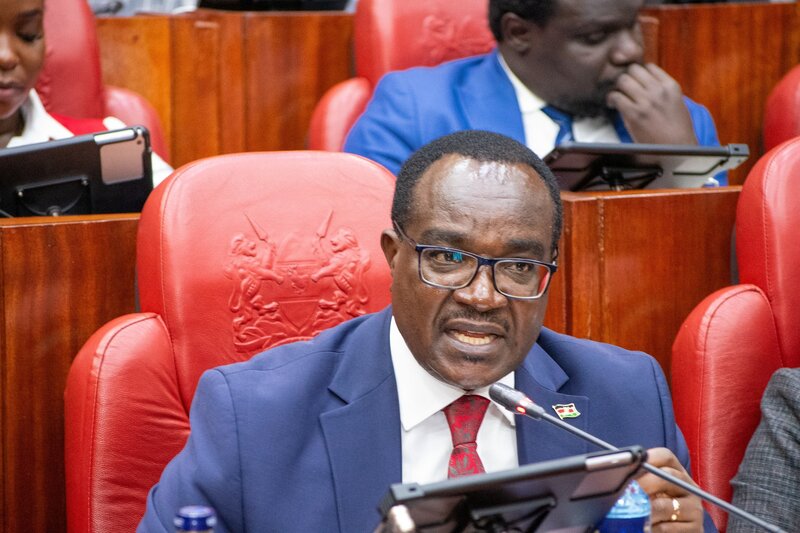Court sets June 23 hearing for petition blocking IEBC nominees' swearing-in over flawed process

Activist Boniface Mwangi and voter Kelvin Omondi filed the case, arguing the process was flawed, opaque, and possibly unconstitutional.
The swearing-in of seven Independent Electoral and Boundaries Commission (IEBC) nominees has been delayed, with a three-judge bench setting June 23 as the date to hear a petition challenging the legality of their appointment.
Judges Roselyne Aburili, John Chigiti, and Bahati Mwamuye gave directions after confirming both sides had not filed their submissions.
More To Read
- IEBC warns boundary review may spark community, religious and class tensions
- Court to hear petition challenging eligibility of Embu North MP Leo Wa Muthende
- Voters challenge Mbeere North MP Wamuthende’s victory over electoral name discrepancy
- IEBC blames police officers for by-election violence, maintains poll largely successful
- Why voter registration in by‑election zones will resume after 28 days
- IEBC gazettes Mbeere North’s MP-elect Wamuthende and other by-election winners
Activist Boniface Mwangi and voter Kelvin Omondi filed the case, arguing the process was flawed, opaque, and possibly unconstitutional.
The petitioners were given until June 14 to submit their arguments, while the respondents, including the IEBC, the Attorney General, the selection panel, and the National Assembly, must respond by June 19.
At the centre of the case is a demand that the appointments, including that of chairperson, Erastus Edung Ethekon, be declared illegal.
The petitioners also want a fresh nomination to be conducted according to the Constitution.
Vetting
Their case gained urgency following the National Assembly's vetting of the nominees and recommendation for appointment by President William Ruto.
But the entire process was put on hold by a court order issued earlier by Justice Lawrence Mugambi.
Justice Mugambi allowed Parliament to carry on with the vetting but barred the gazettement and swearing-in of any of the nominees.
“Pending the hearing and determination of this petition, a conservatory order is hereby issued forbidding the gazettement, taking of oath, or assumption of office by the interested parties,” he ruled.
The restraining order applies to Erastus Edung Ethekon, Anne Nieri Nderitu, Moses Alutalala Mukhwana, Mary Karen Sorobit, Hassan Noor Hassan, Francis Odhiambo Aduol, Fahima Arafat Abdallah, or any other person nominated as IEBC chair or commissioner.
Justice Mugambi explained the court’s role in guarding constitutional integrity.
“The petitioners have highlighted potential constitutional breaches that demand the court's attention, which must be addressed,” he said.
He also stressed the balance between Parliament’s vetting powers and the Judiciary’s role in oversight.
“While Parliament is constitutionally empowered to vet nominees, the courts have a responsibility to ensure the process adheres to constitutional standards,” Mugambi stated.
One key question the court will consider is whether the President failed to consult both the majority and minority parties, as advised by the National Dialogue Committee.
Top Stories Today



